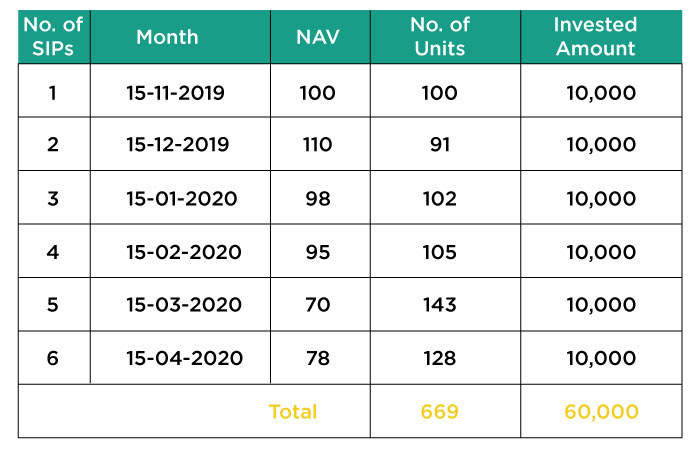Hello all!
We’ve all thought about purchasing property. If not now, then maybe sometime in the future. And we’re here to tell you that it’s not as easy a process as you might think. Many people consider that where they have a property, they can easily take a loan against it. Read this article to know some points you can keep in mind, before you approach your bank for the same.
A loan against property (LAP) is a secured loan that banks, housing finance companies and NBFCs provide against residential or commercial property. These loans are usually offered at a lower interest rate as compared to a personal loan or business loan and are disbursed at a reasonable time. Anyone with a pre-owned property can avail such loans, whether they are salaried or self-employed in a business or professional setup. The quantum of loan sanctioned is also higher than what may be offered in other available options.
The demand for LAP is increasing among individuals because of three primary reasons:
- It is cheaper than a personal loan.
- The applicant can continue to occupy his or her property even after the loan is availed.
- The loan can be used for a variety of purposes such as unforeseen medical expenses, children’s higher education and marriage, or setting up a business.
- Besides, existing customers of a bank or housing finance company need not go through the document verification process again.
A loan against property is a boon for both business owners and salaried employees. Self-employed who are seeking funds for expansion of their business can make use of this facility. Salaried professionals facing a sudden medical crisis that may require long-term treatment, including expensive surgery, or sending children to a foreign university for higher studies can avail the facility for raising funds. A LAP not only leaves one’s savings intact, but it also comes at low-cost EMIs with repayment tenures of as long as 15 to 20 years. The low-interest rates on such loans dilute the repayment burden.
All these and other benefits help in the growth of the business or safeguard the financial future of both the loan applicant as well as his or her family. The only criterion for availing of a loan against property is that the loan should be for a legitimate purpose.
While it is relatively easy for existing customers to receive a loan against their property, new customers will have to furnish the necessary documents as well as credit history, repayment capacity and marketability of the property to be mortgaged.
An existing customer can also apply for a ‘top-up’ loan, but this would depend on factors such as repayment history of a preexisting home loan and outstanding balance on that loan, monthly income and loan to property value ratio. However, a fresh property appraisal is not required as the property is already mortgaged with the lender.
While these are the basics of a loan against property, there are other aspects to the loan that applicants must know. These are:
Loan repayment:
Since the loan amount that can be availed of against property is high, it is important that the borrower fulfils the required income criteria to repay the entire loan. It can be repaid over a period of 12 months up to 20 years, though the tenure varies from one lender to another.
Property valuation:
loan against property is provided against collateral; i.e., an immovable property such as a constructed residential/commercial property. Before deciding the eligibility and amount of loan, your lender will appraise your property. The amount will depend on the prevailing fair market value, not the past or potential future value. Housing finance companies usually provide up to 50-60 per cent of the market value of a property. Therefore, you should analyse the loan-to-value (LTV) ratio provided by your lender.
Ownership of property:
The lender will approve the loan only after it is convinced that your property has a clear and marketable title. Further, the co-owners need to be part of the loan and meet the criteria.
Any loan against property comes with a longer repayment tenure compared to a personal loan. The EMIs are spread over many years and the rate of interest is much lower. A longer tenure means lower EMIs, which reduces the monthly repayment burden.
Repayment Capacity:
The lender will evaluate your repaying capacity with the help of your income statements, repayment history, ongoing loans etc.
To sum up, a loan against property offers greater flexibility, lower interest rates, higher loan amount, and a longer repayment tenure and feasibility of end use. While the long-term advantages of this type of loan make it a much better option than personal loans, it is important to remember that if the borrower defaults on repayments, his or her rights over the property are transferred to the lender.
Disclaimer: - The emails are for information purposes only. Information presented is general information that does not take into account your individual circumstances, financial situation, or needs, nor does it present a personalized recommendation to you. You must consult a financial advisor who understands your specific circumstances and situation before taking an investment decision.
































